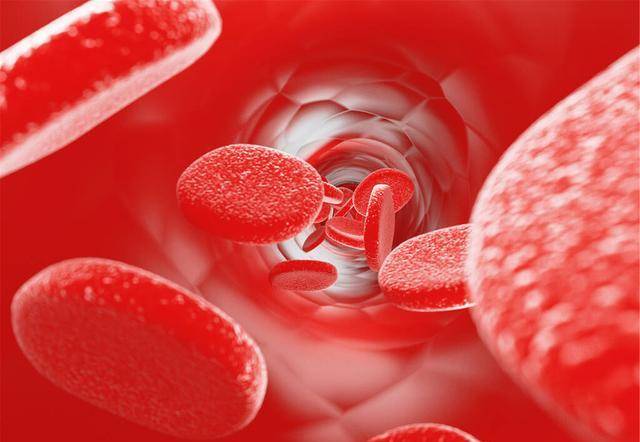Blood viscosity increase is related to unhealthy lifestyle habits, so it is important to develop good habits in maintaining smooth blood vessels and good blood circulation. It is advisable to avoid doing things that are harmful to human health, and only by persisting can certain diseases be prevented from occurring. So, is blood viscosity related to overeating?
Many people experience significantly thick blood, and there is indeed a close connection between excessively thick blood and an unreasonable diet. Some types of food during the diet process are prone to increasing blood viscosity. If consumed in large quantities regularly without moderation, blood may become viscous, leading to an increase in blood lipid levels. Therefore, in the process of protecting blood vessels and improving bodily circulation, it is essential to learn to avoid certain foods and maintain a healthy state through a healthy diet.
Which foods should be eaten less to prevent a stroke?
1. Foods high in sugar
Excessive intake of certain types of food can make blood viscous, thereby increasing the risk of strokes, especially when consuming excessive high-sugar foods can also pose a threat to human health. Many people believe that an increase in sugar intake only raises blood sugar levels and does not affect blood viscosity, but in reality, excessive intake of high-sugar foods carries risks.
It is possible for changes in blood lipids to occur in situations of elevated blood sugar and obesity, leading to the risk of blood viscosity. To prevent blood from becoming too viscous, it is crucial to pay attention to a balanced diet, ensuring that sugar intake is not excessive and maintaining vascular health by consuming fewer high-sugar foods.
2. Alcoholic beverages
To promote good health, it is advisable to consume fewer foods with added alcohol. Many people who consume foods containing alcohol in large quantities over a long period may find it difficult to maintain good health, as excessive consumption of these alcohol-added foods might stimulate an increase in blood pressure under the influence of alcohol, and even lead to blood viscosity issues. Therefore, in the process of promoting vascular health and preventing strokes, reducing alcohol intake is crucial, and abstaining from alcohol is key.
3. Foods high in cholesterol
To maintain good health, it is advisable to consume fewer foods high in cholesterol during daily meals. Excessive consumption of foods rich in cholesterol is detrimental to health, as it may lead to an increase in serum cholesterol and triglyceride levels, resulting in blood viscosity issues, hindering the maintenance of smooth blood vessels and potentially increasing the risk of strokes.
Therefore, individuals aiming to prevent strokes need to be precise in their dietary choices, consuming fewer of these types of foods to maintain a healthy state.
4. Foods high in fat
To actively reduce blood viscosity and prevent strokes, it is advisable to consume fewer foods containing fats. Excessive intake of foods rich in fats can lead to manifestations of obesity, and when obesity is excessive, blood lipid levels increase, making it difficult for the body to maintain good health, thereby increasing the likelihood of strokes. To actively prevent strokes, it is crucial to follow the correct dietary principles, reducing the intake of high-fat foods to keep blood vessels clear and prevent strokes.


